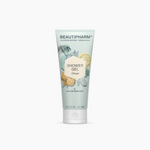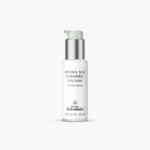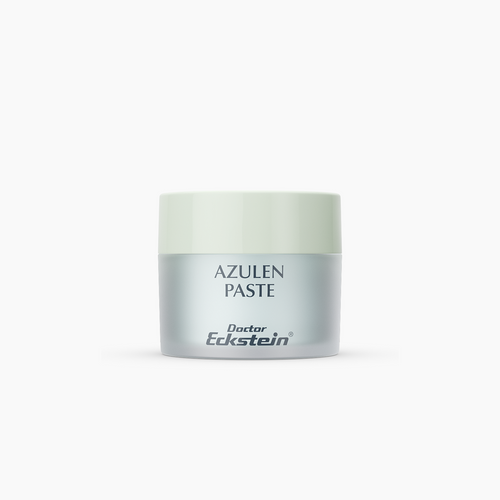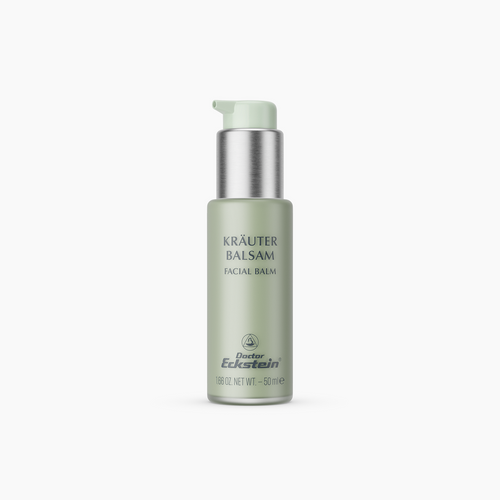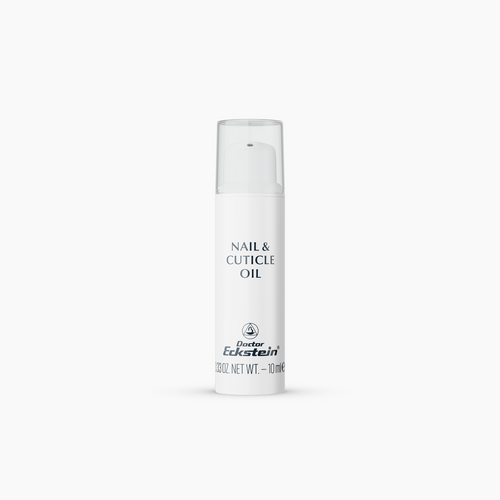The past weeks our Team has been getting a lot of questions like this one, and with good reason. Wearing masks for a long period of time can dry out, irritate, or trigger flare-ups if the skin is prone to blemishes, seborrhea or rosacea. In the case of oily, impure or combination skin, sebum and sweat can get trapped and an increase in break outs can also occur.
In general, there are two factors that bring the skin out of balance - the friction and pressure of the mask rubbing against the face, and the moist environment created by wearing a face mask. Don’t worry, I have some skin care tips to help get your skin back into balance!
Prep your skin for wearing a mask
Use the right products for your skin condition, and continue your morning and evening skin care regimen.
If your skin is getting dry and irritated, help your skin defend itself! Before putting on your protective mask, use a rich cream moisturizer to help protect the skin. A rich cream can also prevent friction between your skin and the mask. So, focus on applying the cream where the mask is pressing on your skin.
For those of you on the other end of the spectrum with oily skin, where wearing a mask is causing blemish flare-ups, remove excess sebum with a toner before applying the protective mask, and apply a light moisturizer. Tip: Don’t wear make-up under the mask, as the combination of pressure from the mask, sweat, and make-up can clog pores and increase breakouts.
Nourish and pamper your skin after taking your mask off
If your skin appears dry or irritated, apply a high-quality moisturizer, that contains skin barrier supporting ingredients such as lanolin, or beta-glucan. Even if your skin isn’t normally sensitive, now may be the time to adopt a skin care regimen specialized to care for sensitive or delicate skin.
If you notice excess moisture or oil, when you take off your mask, gently pat the skin dry and/or refresh the skin with a toner. Tip: Consider using products that help with excess sebum and impurities.
Treat your skin to a facial pack individualized to your skin care condition. Don’t forget to properly cleanse your skin before to remove any built up sweat or sebum.
Additional tips
- Soft, skin-friendly fabrics are great as reusable protective face masks, since there is less friction. Also, wearing a properly fitted mask will help prevent pressure injury, as well as rotating the masks that you wear, so you can prevent pressure being constantly applied in the same places.
- Wash your reusable protective mask frequently! Good hygiene is important, and we don’t want to reintroduce sweat or dirt back into the face.
- Wear the mask when it is necessary: in places where it is required or when you cannot keep the minimum distance. Remove when not necessary, but remember to only touch the straps when removing (not the front of the mask), and place on a clean surface.
Wishing you happy skin,
Dr. Verena Ecktein, ND
Want to read more?
Yan Y, Chen H, Chen L, et al. : Consensus of Chinese experts on protection of skin and mucous membrane barrier for health-care workers fighting against coronavirus disease 2019
Disclaimer: The purpose of this blog is to share interesting scientific literature and skin care tips. This blog is not intended to provide diagnosis, treatment or medical advice. Content provided on this blog is for informational purposes only. Please consult with a physician or other healthcare professional regarding any medical or health related diagnosis or treatment options. Information on this blog should not be considered as a substitute for advice from a healthcare professional. The statements made about specific products are not to diagnose, treat, cure or prevent disease.
